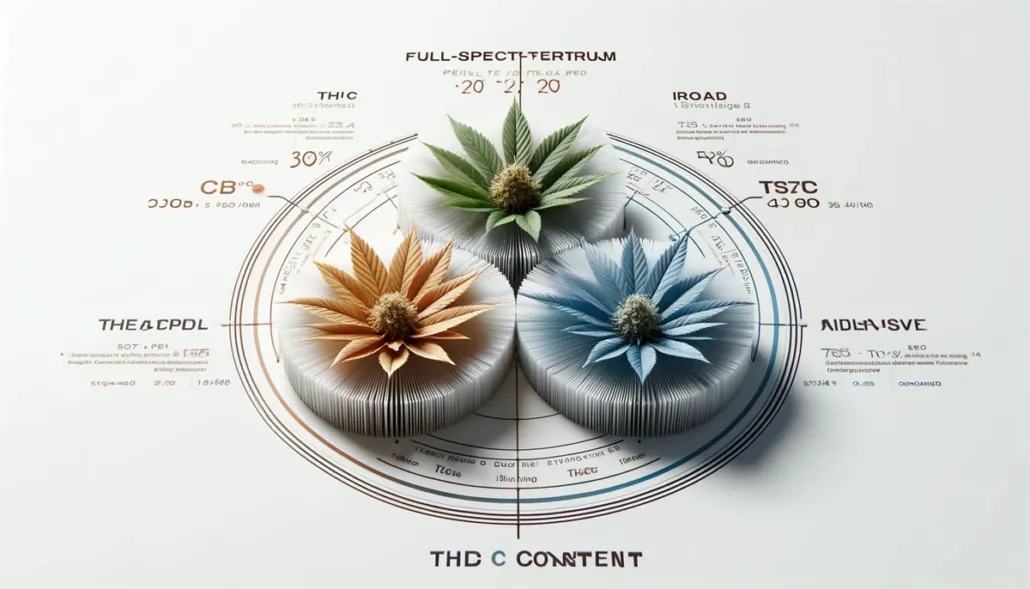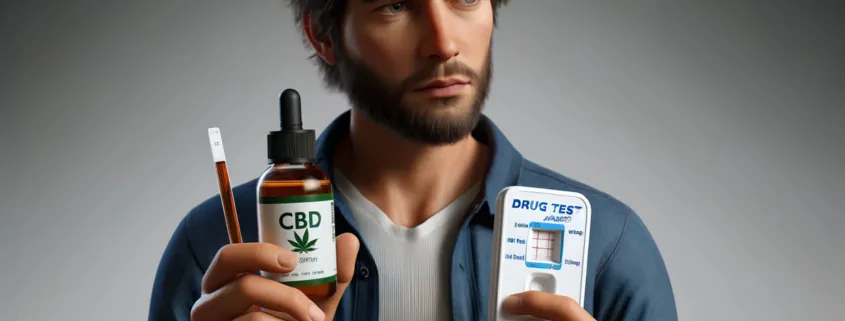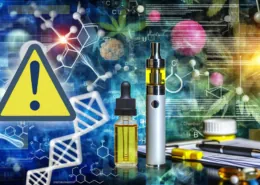CBD Drug Test: THC Contamination Risk and Prevention
In recent years, cannabidiol (CBD) has gained significant popularity due to its potential health benefits and non-psychoactive properties. However, as more people incorporate CBD into their wellness routines, concerns have arisen about its potential impact on drug test results. In this comprehensive article, we’ll delve into the intricacies of CBD and drug testing, providing you with the knowledge and tools to make informed decisions about your CBD use while minimizing the risk of unexpected consequences.
Understanding the Difference Between CBD and THC
To grasp the relationship between CBD and drug tests, it’s essential to understand the distinction between CBD and delta-9-tetrahydrocannabinol (THC). Both CBD and THC are naturally occurring compounds found in cannabis plants, including hemp and marijuana. However, while THC is responsible for the intoxicating effects associated with marijuana use, CBD does not produce a “high” or cause impairment 1.
It’s important to note that drug tests typically screen for THC or its metabolites, rather than CBD itself. Therefore, the presence of THC in a CBD product, even in trace amounts, can potentially trigger a positive drug test result.
Factors Influencing the Presence of THC in CBD Products
The likelihood of a CBD product containing THC depends on several factors, including the type of CBD extract used, the source of the cannabis plant, and the manufacturing process. Let’s explore the different types of CBD and their implications for drug testing:
Full-Spectrum CBD
Full-spectrum CBD products contain all of the compounds that occur naturally in the plant they were extracted from, including THC, other cannabinoids, terpenes, and flavonoids. While hemp-derived full-spectrum CBD is legally required to contain less than 0.3 percent THC under the 2018 Farm Bill, it’s still possible for these products to trigger a positive drug test, especially if consumed in large quantities or over an extended period 2.
Broad-Spectrum CBD
Broad-spectrum CBD products contain a wide range of compounds found in the cannabis plant, but undergo additional processing to remove THC. While these products are less likely to contain detectable levels of THC compared to full-spectrum CBD, there is still a risk of trace amounts due to potential cross-contamination during the manufacturing process.
CBD Isolate
CBD isolate is the purest form of CBD, containing no additional compounds from the cannabis plant, including THC. Hemp-based CBD isolates are the least likely to cause a positive drug test result. However, it’s crucial to ensure that the isolate is derived from a reputable source and has been third-party tested to verify its purity and absence of THC 3.

Other Factors That Can Lead to a Positive Drug Test
Even if you use a pure CBD product, there are several other reasons why you might still test positive for THC:
- Product Mislabeling: The CBD industry is not consistently regulated, and some manufacturers may mislabel their products, misrepresenting the actual THC content. A 2017 study found that nearly 70% of CBD products sold online were mislabeled, with some containing more THC than indicated on the label 4.
- Cross-Contamination: During the manufacturing process, CBD products can become contaminated with THC, especially if the same equipment is used to produce both CBD and THC-containing products. This risk is higher for products manufactured in facilities that also process marijuana 5.
- Secondhand Exposure to THC: While unlikely, it’s possible to absorb enough THC through secondhand marijuana smoke to trigger a positive drug test, especially in poorly ventilated areas with high concentrations of smoke.
Minimizing the Risk of a Positive Drug Test
To reduce the chances of a positive drug test result when using CBD products, consider the following strategies:
- Choose CBD isolates or broad-spectrum products from reputable manufacturers that provide third-party lab results verifying the absence of detectable THC levels 7.
- Avoid full-spectrum CBD products, especially if derived from marijuana rather than hemp, as they are more likely to contain higher levels of THC.
- Be cautious of products that make unsubstantiated health claims or lack transparent labeling, as this may indicate a less reliable manufacturer.
- If you’re subject to regular drug testing or have concerns about the potential implications of a positive result, consider abstaining from CBD products altogether to eliminate the risk.
Drug Testing Methods and Detection Windows
It’s essential to be aware of the different drug testing methods and their respective detection windows when considering the potential impact of CBD on drug test results:
- Urine tests: The most common type of drug screening, urine tests can detect THC metabolites for up to 15 days after use, depending on factors such as frequency and quantity of consumption.
- Blood tests: While less common, blood tests can detect the presence of THC and its metabolites for up to 36 hours after use.
- Hair tests: Hair follicle tests have the longest detection window, with the ability to detect THC metabolites for up to 90 days after use.
- Saliva tests: Saliva tests can detect the presence of THC for up to 72 hours after use, making them a less reliable method for detecting long-term use.
The Bottom Line
While CBD itself should not trigger a positive drug test result, the current lack of consistent regulation in the CBD industry means that there’s always a risk of THC contamination in CBD products. By understanding the factors that can influence drug test results, carefully selecting CBD products from reputable sources, and being aware of the potential risks, you can make informed decisions about your CBD use while minimizing the likelihood of unexpected consequences.
However, if you’re subject to regular drug testing or have concerns about the potential implications of a positive result, it may be prudent to avoid CBD products altogether to eliminate any risk. As always, consult with your healthcare provider and employer to discuss your individual circumstances and the most appropriate course of action.
References
- What is CBD? (Harvard Health Publishing) ↩
- The 2018 Farm Bill and CBD Legality (Brookings Institution) ↩
- The Importance of Third-Party Lab Testing in the CBD Industry (Forbes) ↩
- Labeling Accuracy of Cannabidiol Extracts Sold Online (JAMA) ↩
- CBD Cross-Contamination: Why It Matters (The CBD Resource) ↩
- How to Choose Safe and Reputable CBD Products (Consumer Reports) ↩
Risks and Legality: It’s also important to be aware of potential risks associated with CBD use, such as drowsiness, dry mouth, and interactions with medications. Additionally, the legal landscape surrounding CBD varies by region. Always check local regulations before using CBD products.
Disclaimer: Please note that the information provided in this article is for educational purposes only and does not constitute medical advice. Always consult with a healthcare professional before using CBD products, especially if you have any underlying health conditions or are taking medications.
- How to Choose Safe CBD for Dogs Without Guesswork - August 4, 2025
- Texas Senate Passes Revised THC Ban Bill (SB 5) - August 4, 2025
- Best Delta-8 THC Carts of 2025: Top 5 Vapes Reviewed - July 16, 2025







